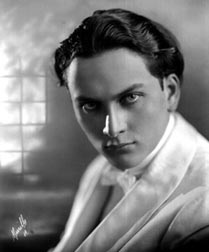by Midnight Freemason Guest Contributor
Lady Cori Johnson
 |
| "Your'e just not wearing enough flair." From the movie "Office Space" |
Let me just say I think there should be more flair for a Mason's Lady. My husband has a whole lot of it. Any time he travels to another lodge or goes down to Grand Lodge sessions, he comes home with more and more pins. He's got regular Square and Compass ones, he has Forget-Me-Nots, he has lodge-specific pins that have been designed with great care and thought. Many of them are displayed in a handsome glass case, hung in his office so every visitor there can see. Some are always affixed to his work shirts, letting others know he is a Mason. Or maybe it's a reminder to himself when he looks in the mirror. Either way, it's effective.
I have a small pin that is attached to a ribbon on my purse. It's a red enamel heart that has the square and compass in the middle and "MASON'S LADY" above it. I've been trying for a long time to get an enamel heart decal for my car that says just that, "Mason's Lady". It's such an honor to be a member of this wonderful and loving family where, no matter where you are, you're welcome. It would be the only "advertisement" I have on my vehicle, aside from the make of it. I removed any trace of car dealership that was on it.
I'm aware that there is slipper decal but what I'm looking for is the heart. It shows that my heart belongs to someone that cherishes faith, hope and charity and above all, FAMILY. That badge of honor. I'm determined to find it. And when I do, I want to get one for all of my fellow Ladies and we'll display them with pride.
~Lady CLJ
Lady Cori Johnson is the wife of Brother Robert Johnson. They have been married for 13 years and have three incredible sons together. She has worked behind the scenes for all of Robert's ventures whether it be editing, brain storming and now, a bit of writing. From time to time she runs the Johnson Masonic Hotel, giving Masons a place to sleep (a nice hide-a-bed with a TV in their living room) while in town.













